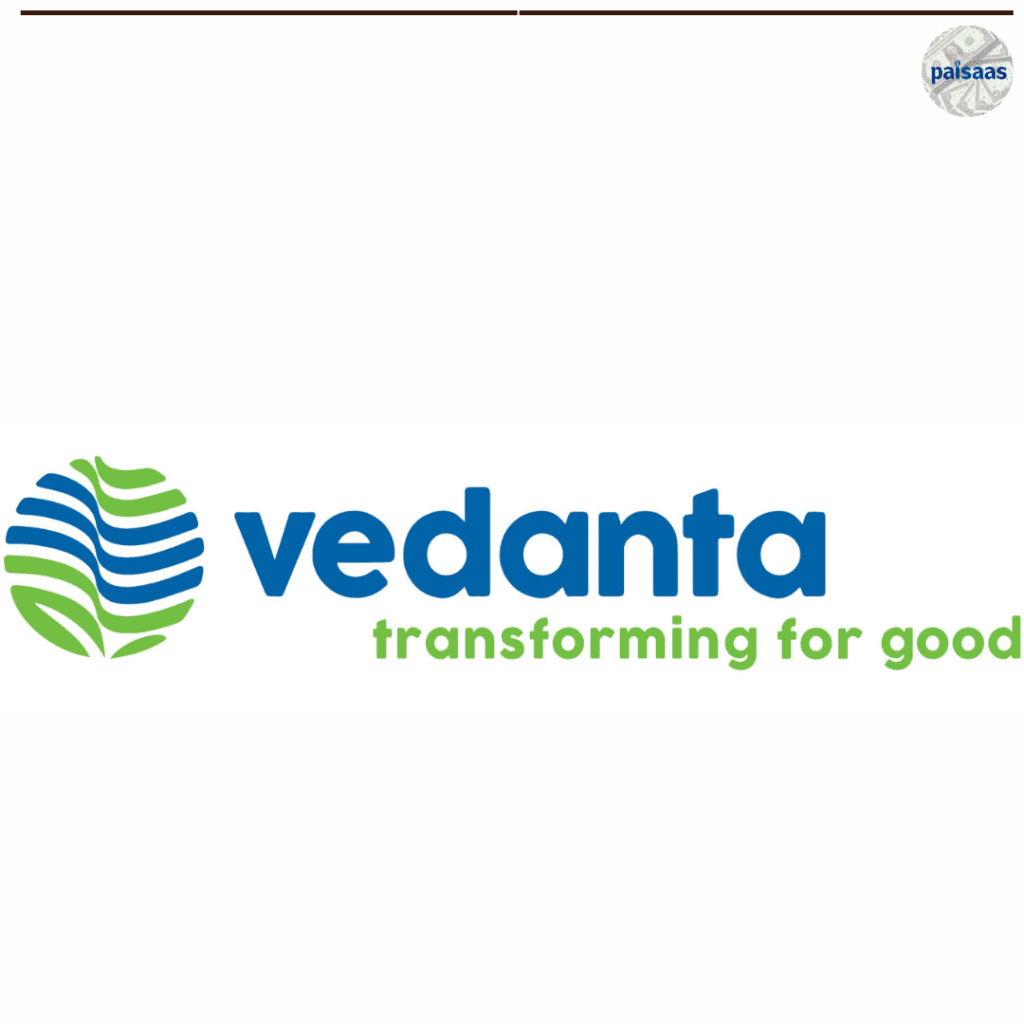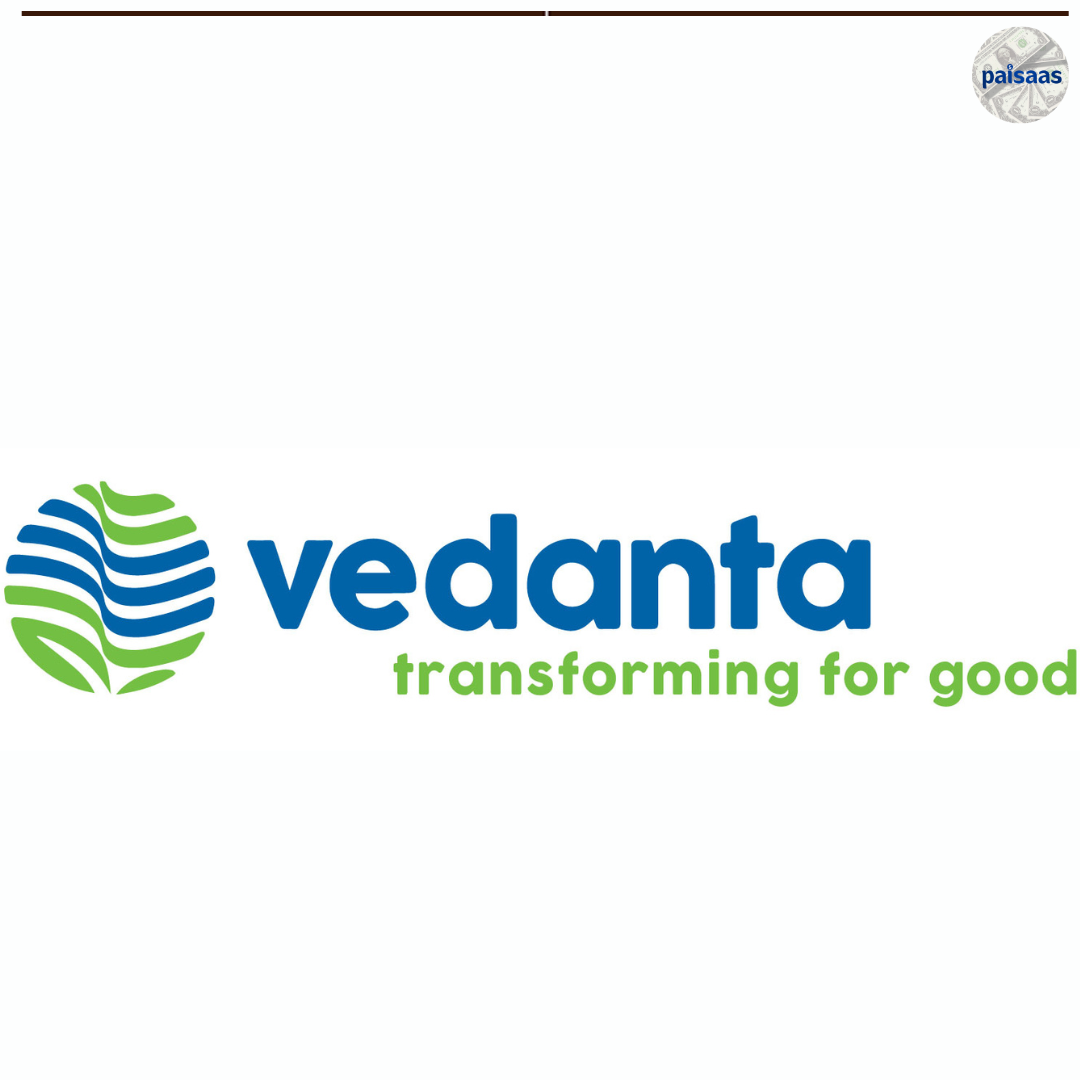

Vedanta is in debt yet is willing to give money!
Vedanta is in debt yet is willing to give money!
Vedanta’s donations to political parties and its debt burden:
Vedanta, a prominent Indian conglomerate, has recently come under scrutiny for its substantial donations to political parties. The company has disclosed that it donated a total of Rs 457 crore to political parties, with Rs 155 crore donated in the financial year 2023 alone. These donations were made in the form of electoral bonds, which were introduced in 2018 as an alternative to cash donations.
One key aspect that has raised eyebrows is the fact that Vedanta carries a significant amount of debt. Despite its debt burden, the company has continued to make sizable donations to political parties. This has led to questions regarding the rationale behind such donations and whether they align with the company’s financial responsibilities.
Electoral bond donations have become increasingly popular since their introduction. However, critics argue that this mechanism lacks transparency, as the identity of the donor remains anonymous. Additionally, concerns have been raised about the potential influence of corporate donations on the decision-making process of political parties. The donations made by Vedanta have sparked a broader debate about the role of corporate entities in political funding and the need for greater transparency in the process.
Reliance Industries’ approval to retain extra funds raised through ECB:
Reliance Industries Limited (RIL), another prominent Indian conglomerate, has received approval from the Reserve Bank of India (RBI) to retain an additional $2 billion raised through external commercial borrowings (ECB). This approval comes on top of the $3 billion that RIL had raised in the previous fiscal year, making it the largest syndicated loan facility in recent years.
The RBI’s permission was required because the amount raised by RIL exceeded the limits mandated by the central bank. RIL intends to utilize the extra funds to support its working capital requirements and to further expand its new energy and telecom businesses. This move highlights the confidence that lenders have in RIL’s growth prospects and their willingness to offer more funds than initially required.
The approval granted by the RBI to retain additional funds is not unprecedented. In the past, the central bank has granted similar permissions to companies, allowing them to retain surplus funds raised through external sources. This flexibility provides companies with the necessary financial flexibility to fund their operations, investments, and expansion plans.
Potential divestment of stake in LIC by the Indian government:
The Indian government is reportedly considering further divestment of its stake in Life Insurance Corporation of India (LIC), the largest insurance company in the country. The government had previously announced plans to sell a portion of its stake in LIC through an initial public offering (IPO).
The potential divestment of LIC is part of the government’s broader disinvestment strategy aimed at raising funds and reducing its stake in state-owned enterprises. This move is expected to bring in significant capital inflows and increase private sector participation in the insurance industry.
LIC holds a dominant position in the Indian insurance market, and any divestment of the government’s stake will be closely watched by investors. The IPO is likely to attract considerable interest from institutional and retail investors, given LIC’s strong market presence and potential for future growth.
CCI’s approval of HDFC’s additional stake buy in Ergo:
The Competition Commission of India (CCI) has approved HDFC’s proposal to acquire an additional stake in Ergo, a general insurance company. HDFC, a leading financial institution in India, had sought approval to increase its stake from 50% to 74% in Ergo.
This move signifies HDFC’s commitment to expanding its presence in the insurance sector and leveraging the potential of the general insurance market in India. It also reflects HDFC’s confidence in the long-term growth prospects of Ergo and its strategic alignment with the company’s overall business objectives.
The CCI’s approval is a significant regulatory milestone, as it ensures compliance with competition norms and safeguards against any potential anti-competitive practices. The acquisition of a higher stake in Ergo will provide HDFC with greater control and influence over the company’s operations, allowing for strategic decision-making and alignment with HDFC’s broader business strategies.
In conclusion, Vedanta’s donations to political parties, Reliance Industries’ approval to retain additional funds, the potential divestment of stake in LIC by the Indian government, and HDFC’s stake acquisition in Ergo are all significant developments in the Indian business and financial landscape. These events reflect the complexities and dynamics of the Indian economy and its regulatory environment. Investors, stakeholders, and industry observers will continue to monitor these developments as they unfold, anticipating their impact on the respective companies and the broader market.




